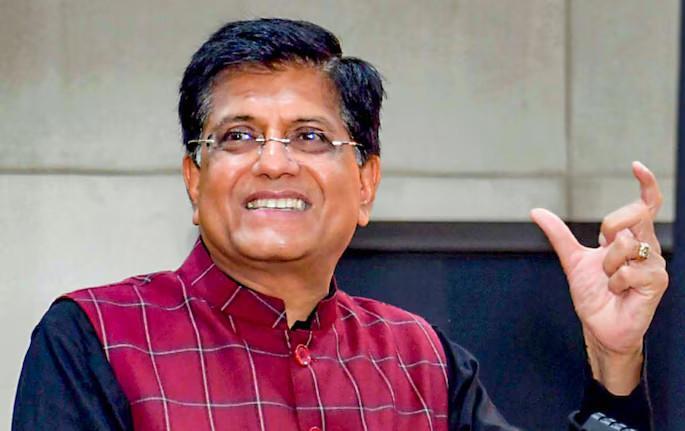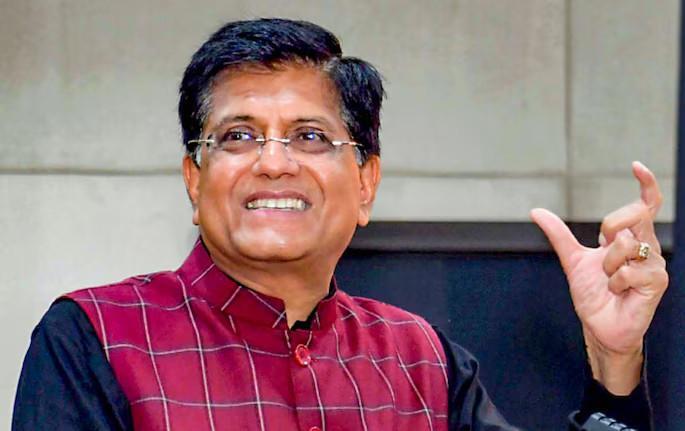
Title: Nothing great about Starlink, why India giving it free pass: Shankar
India’s entry into the global satellite internet service market has been making waves, with Elon Musk’s Starlink making its debut in the country. While many have hailed this development as a game-changer, veteran investor Shankar Sharma has expressed his skepticism, questioning the entry of Starlink in India and calling it a “free pass” for the American company.
In an interview with Moneycontrol, Sharma said that there is “nothing great” about Starlink, and that the Indian government is giving the company a “free pass” while Indian companies have to pay huge licence fees and other dues. Sharma’s remarks have sparked a debate about the implications of Starlink’s entry in India and the potential impact on the domestic tech ecosystem.
Sharma’s concerns are rooted in the fact that Indian companies have to navigate a complex regulatory environment, with multiple licence fees, taxes, and other dues. In contrast, foreign companies like Starlink are able to operate with relative ease, thanks to the country’s liberalized policies and tax structures.
“What’s the point of having a complex regulatory framework if foreign companies can just come and operate without paying the same fees and dues as Indian companies?” Sharma asked. “It’s like creating a culture of dependency, where Indian companies are forced to play by the rules while foreign companies are given a free pass.”
Sharma’s comments are not without merit. The Indian government has been promoting the growth of the country’s tech industry, with initiatives like the Digital India program and the Startup India scheme. However, the regulatory framework for the industry is complex and often favors foreign companies over Indian ones.
For example, foreign companies like Starlink do not have to pay the same licence fees as Indian companies, which can be a significant burden. Indian companies also have to comply with stricter regulations, such as the requirement for a minimum 30% local content in all manufactured products.
The lack of level playing field has led to concerns about the impact on the domestic tech ecosystem. Indian companies are already struggling to compete with their foreign counterparts, and the lack of regulatory support can make it even more challenging for them to survive.
The entry of Starlink in India is also seen as a threat to the country’s digital sovereignty. With the ability to provide high-speed internet services to remote areas, Starlink has the potential to disrupt the country’s existing internet infrastructure. This could lead to a loss of control over the country’s digital landscape, with foreign companies having a greater say in how the internet is used and regulated.
Sharma’s concerns are not limited to the regulatory environment. He also expressed concerns about the impact of Starlink on the country’s economic development. While Starlink’s entry may bring in some revenue, Sharma believes that it will not create significant employment opportunities for Indians.
“The majority of the jobs created by Starlink will be in the higher-end skilled categories, which will not benefit the average Indian,” Sharma said. “The company will also not invest in the local economy, as it will be focused on making profits and paying dividends to its shareholders.”
In conclusion, Shankar Sharma’s comments highlight the concerns surrounding the entry of Starlink in India. While the company may bring in some benefits, the lack of level playing field and the potential impact on the domestic tech ecosystem are significant concerns. The Indian government needs to re-examine its regulatory framework and ensure that Indian companies are given a fair chance to compete with foreign companies.






